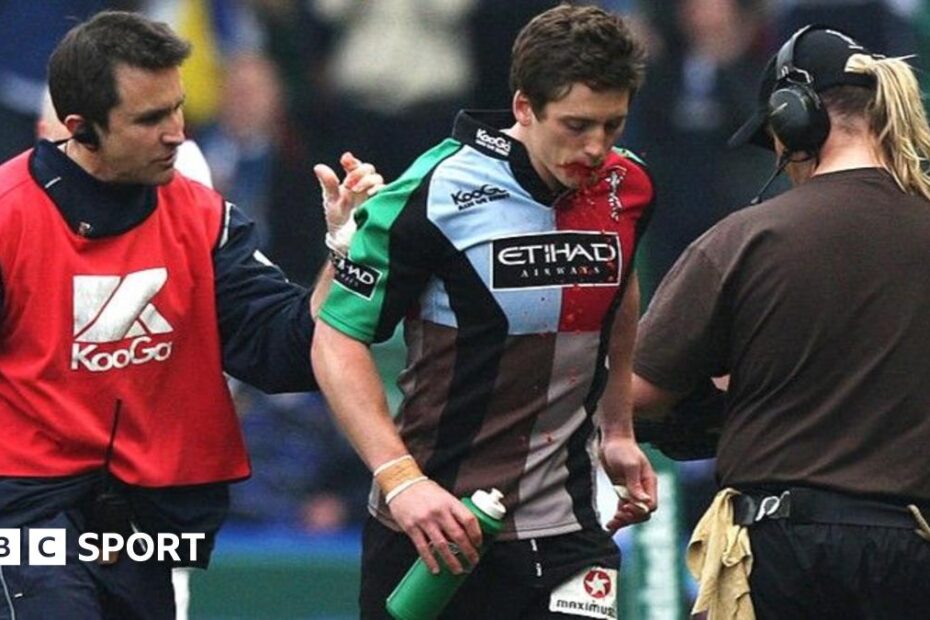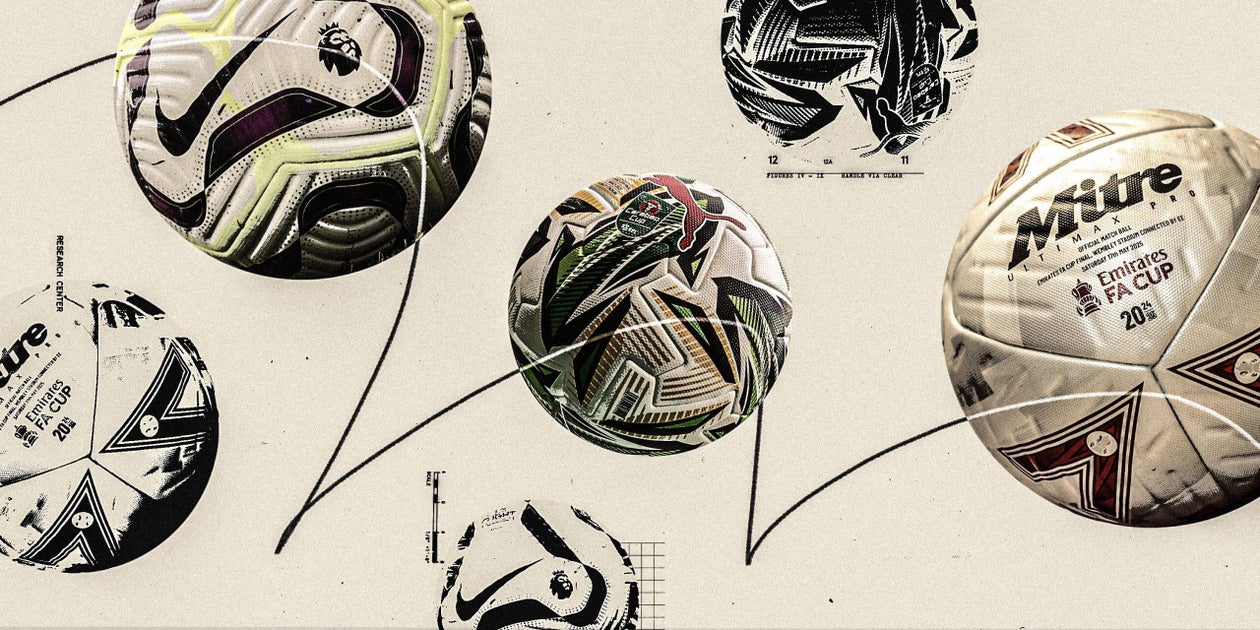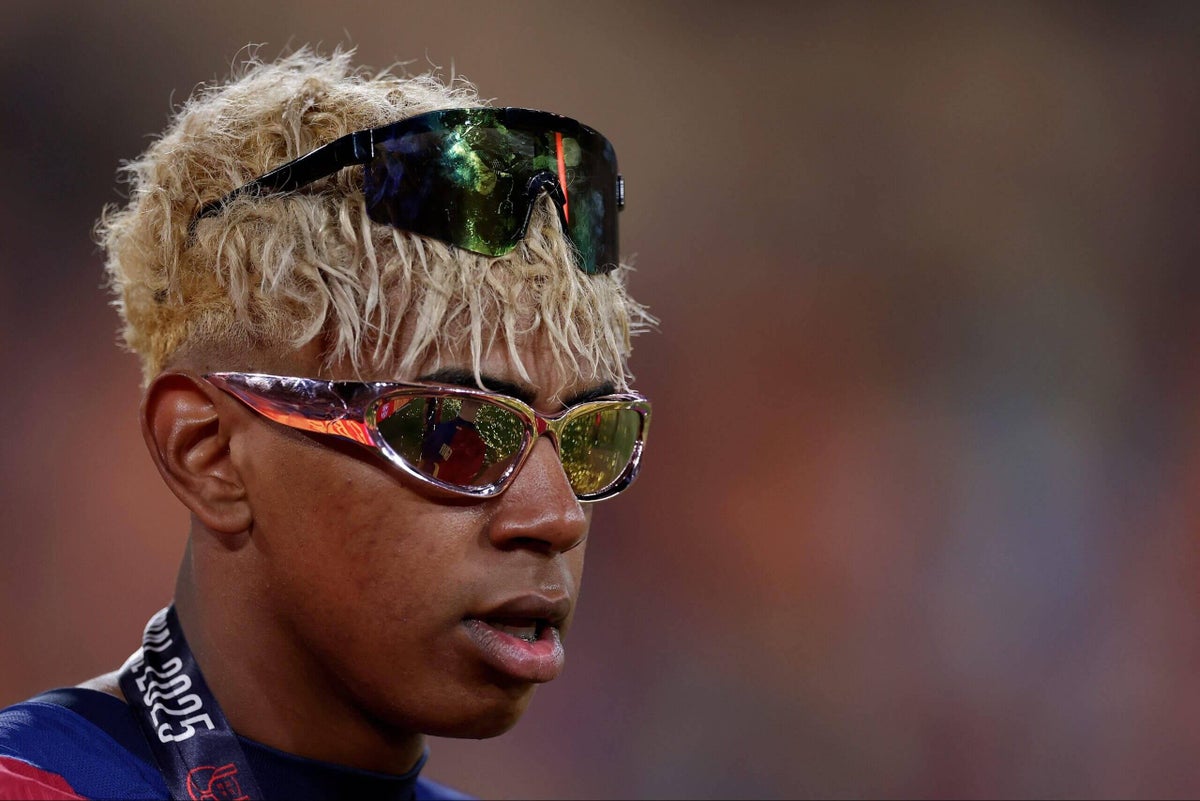Williams, having allegedly brought misfortune to Harlequins by independently inventing the blood capsule plane, sought advice from the Rugby Players Association.
They asked him to appeal, to whistle in the whole plot.
But the club had other ideas. Williams received a new two-year contract, three years of guaranteed job at the club, as he retired and a promise to help him build a career outside the rugby.
He just had to hold the real story. He had to be a teammate once again. He had to protect the club that meant a lot to all of them.
The total extension of the plot, the complicity of the medical team and the club’s coaches could not leave.
“They told me ‘you understand the impact of this decision about to make? If you present yourself and show it, Harlequins will be expelled from Europe, your friends’ game opportunities to your countries will be reduced, Steph and Wendy will be knocked down, we will lose sponsors that we will lose money,'” Williams will remember.
“Playing Rugby was everything I wanted and everything I felt I could do.
“So I was stuck between moving forward and telling the truth and falling into my sword. And I didn’t know what to do.”
“I would have taken the rap,” said Ugo Monye, Williams teammate at the time. “With the agreement that was supposed to be offered, 100%.”
The pressure was extreme.
Harlequins were desperate to contain a toxic scandal. Forbidden and marked a cheating, Williams wanted to tell the truth, explain his actions and rescue his Rugby dreams.
At one point he asked for more money in exchange for his silence; £ 390,000 to pay your mortgage and a four -year contract. Quins refused.
In a statement by Quins President Charles Jillings described Williams’ demands as “exorbitant” and “shocking”. He insisted that “under no circumstances the financial proposal was a reward for Tom’s silence.”
“I sank deep in the well,” says Williams. “It was a catastrophic period from a personal point of view.”
And all the time, the watch was running.
Williams had a month to appeal against his ban, to become public and put his career back on track.
Two days before the window to use, an and email landed in the Williams inbox.
He was not the only one to consider an appeal. The European Cup organizers were also unhappy because he was the only person considered guilty. They knew there should be more in the case.
The chances of a young player comes up with this scheme on his own and performing it in secret in the tight and well-controlled environment of a professional club were remote.
They wrote to tell Williams that they should resort against Richards, Brennan and Chapman being released. They called him a witness, interrogated him, and, if he did not fulfill, level a second accusation of misconduct in him.
“His face literally got white,” recalls Alex, Williams’s girlfriend at the time, now wife.
A final dome meeting with the Harlequins hierarchy was called.
Tom and Alex drove to Surrey’s house from one of the club’s paintings. Drinks and snacks were arranged, but the conversation soon turned to the business.
“We were coming back and turning in circles,” Tom recalls.
“The harlequins were telling me, if I fell on my sword, for lack of a better term, they would guarantee me future jobs, pay part of my mortgage, pay for me to continue in the sabbatical period and guarantee my girlfriend’s future job.
“On the other hand, if I appeared and told the truth they said I would bury the club.”
Frustrated, stressed and tired after three hours from side to side, Alex apologized for a cigarette break. As he pushed him and prepared to return to the meeting, she saw Tom come in the opposite direction.
He gave up. He runs away, left the country, turning his back on the rugby, started again – anything to get out of this situation.
Alex was not over. She wanted to ask one more question to the 13 men in the room.
She came back.
“I remember the surprise in their faces when I was just me stopping there,” she says.
“I said, ‘I am very bothering you again, but do you care if I have you only for a few more minutes? I just want to ask everyone individually a question.’
“I entered and really pointed to all people and just said, ‘This is Tom’s fault?’ And each of them gave a resounding no.
“Alex humanized me again, because I dehumanized, Harlequins dehumanized me,” says Tom.
“I was a pawn at that moment and was ready to be moved anyway someone pushed me.
“She was the person out of this rugby -centered environment who could cut it.
“She said what had happened was not my fault – what had happened was wrong – and made people realize that.”



